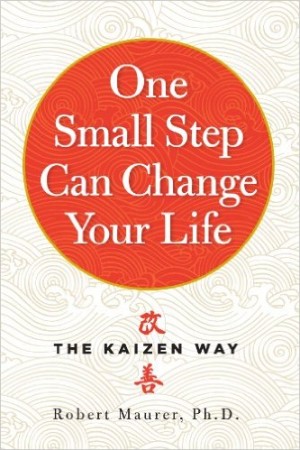With the inevitable end of 2015 I spent much of the 30th and 31st cleaning out my stuff. I ended up throwing out a lot of stuff, so much that I started feeling a tad guilty for my consumption.
The benefit has of course been a clean and tidy room with much more space than I imagined possible. Take my work table — I now actually have space to write on it! It had been so cluttered with junk for the past few months that any time I needed a surface to write on I’d shove enough of the mess into a pile until I had enough space to do my writing. I like to think I was adapting to my environment.

But is that always a good idea, to change in response to my environment? What if the environment is nudging me to change in a way I’d later regret? For example, continuing to put up with a messy room could lead to all sorts of nastiness. Back in university I once left a bag of grapes on the floor until they had liquified! And when I was doing graduate research, I’d left my cooking scraps in the trash for so long that little white organism started crawling about in it. Ick.
I recently finished reading One Small Step Can Change Your Life by Robert Maurer, PhD. Without going into an entire book review, I will say the approach this book takes to making changes involves (you guessed it) taking steps so small they appear deceptively simple, almost useless. It wasn’t the first time I’d encountered this paradigm that runs counter to the “Bigger, Better Faster” concept of change; I’d gone through the Tiny Habits course before.
One part of the book explains the benefits of solving small problems. I think the chapter’s opening does a bang-up job of introducing the concept:
We are so accustomed to living with minor annoyances that it’s not always easy to identify them, let alone make corrections. But these annoyances have a way of acquiring mass and eventually blocking your path to change. By training yourself to spot and solve small problems, you can avoid undergoing much more painful remedies later.
Sure I was able to adapt to the mess but I can’t help but feel how much less agonized I would have been had I taken small steps when the mess first started piling up. Fortunately I was able to enjoy the cleaning, it’s still time, energy and resources that could have been directed elsewhere.
